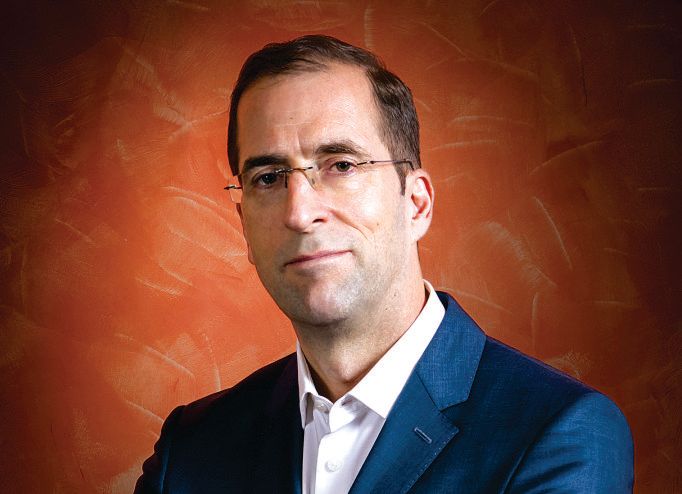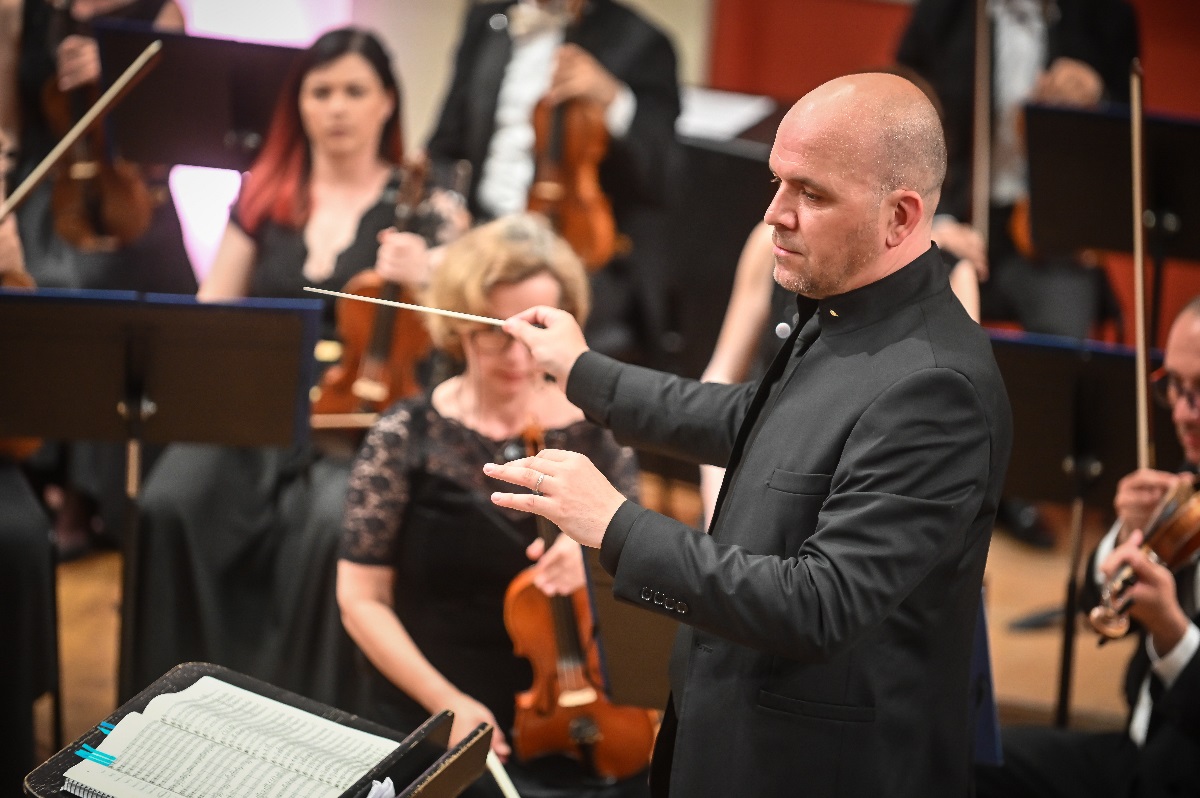
Paul J.R. Renaud, the author of Demigods, Aliens, and Ordinary People: „Networking is a very good tool for everybody, within any organization”
Paul J.R. Renaud
7 years after the success with your first book, A Networking Book, you hit again, with Demigods, Aliens, and Ordinary People. In your vision, what has changed in this period, from a personal point of view, in terms of our society, with respect to coaching and networking?
With respect to coaching, it has become more and more popular, people are seeing the benefits of coaching after they actually tried it. So, one of the things when it comes to coaching is that you really need to try it. Because even if you explain it, people think they understand, but it’s worth going through.
So, coaching is becoming more and more popular, and not only for people wanting to be coached but also for managers who want to use coaching as a management skill.
Regarding networking, there is nothing new. The only problem with networking is that what happened lately with COVID makes people more difficult to socialize. But I suspect that this will change eventually and we’ll get back our habits of meeting people. Networking is a very good tool for everybody, within any organization. I’m a big fan of networking and that’s why I wrote the first book with the idea of trying to help people get better at it. Because although people may be good at something they feel a little uncomfortable usually about breaking the ice on meeting someone for the first time.
What is the book about and what is the significance of its title?
The book is about helping people get better – and I use the term, peak performance. Peak performance is series of tools or tips or concepts that can help you to get better at something. It’s not only in regards to work – you may want to become a better musician, or parent, or friend, or partner. Context is mostly business but essentially is peak performance.
There are a lot of books about peak performance and what I wanted to do is to come with a storytelling format, because people prefer and enjoy storytelling. And the story is about a fellow called Chris who worked very hard from the age of 8 till the age of 24 to reach an important pinnacle which is the Olympic games. And he was able to do this on two occasions, representing Canada as a back straw swimmer.
So that’s what the book is all about, and the significance of the title is that in order for me to have fun with the storytelling, throughout the story Chris shows through his hard work a lot of the things I see with business leaders. At least that’s what I’ve noticed. The significance of the title is that at any given time, anybody could be a demigod, an alien, or an ordinary person. And at the end of the story, once you’ve read Chris’ story, which has also been corroborated by some other very important people, you’ll ask yourself: was he a demigod, an alien, or an ordinary person? And I ask people to ask themselves the same question because, at any time of your life as an ordinary person, you can display demigod or alien attributes.
The book targets leaders of the companies, in order to achieve a new level of success, but also it can be read by ordinary people. How long is the road from an ordinary people to the demigod trone? Is it better to be a demigod, an alien, or an ordinary person?
The book is in a business context, but it can apply to a student, someone who’s doing his first job, an executive, chairman of a company, an entrepreneur, a teacher, a lawyer, a mother… so it can apply to everybody, not only to business people.
In the book, I talk about a rule which is called The 10.000 hours rule. And there’s one particular author who decided he will follow people who are successful and when he did, he found that the people who really excelled in something needed to put in 10.000 hours. So, if you look at people’s careers, it takes time to develop a career, it takes time to develop knowledge and it takes time to really become someone fairly known in what you do.
How long is the road? It all depends on how much you are passionate, what kind of passion do you have and what you do, but if you’re putting the time in what one needs to be – and I bring the parallel with my Olympic swimmer: he didn’t do it overnight. It took him many many years – the same as every other Olympic athlete that I’ve interviewed. I’ve interviewed Olympic athletes that started at the age of three, but they never hit any Olympics until they were maybe 14 or 15. So it takes time. I would say the road would take a minimum of 10 to 12 years in the case of Olympians, or at least 10 to 15 years in business if you consider the experience when you first startup out of the university to get to a point where you are quite good at what you do.
I think time will dictate if you will become an alien. The difference between a demigod and an alien is that the demigod is someone who’s done very well in their era, in their period of time. And I use the example of Heracles, back in Greek mythology. The people who have done the aliens are people that have done so well that they’ve moved civilizations and moved as humanity over the years, so ideal is to be an alien but there’s no choice you either are or not (and if you are, most people don’t know). If they were an alien, usually when they’ve passed this world is when we look back and see how successful they’ve been and how much they did transform.
An ordinary person is you and me and everybody. It’s my hero in the book. But the nice thing about being an ordinary person is that you can do amazing things, as everybody has what I called a latent talent.
What would be your desire after someone is reading your book, regarding the things he/she would remain within their minds?
The idea was to put some ideas together in a friendly format, that people can read, enjoy, understand and apply. For the first book, I didn’t know what I did know in terms of how to write a book. The second book took me more time but I knew what I needed to do but my approach remained the same: I wanted to be very pragmatic, practical, documented people can use, and, over and over again, is time tested – the people I spoke to told me the same thing – it’s practiced by the Olympians. It’s a goal to book on how to be good at something. In essence, I wanted to be sort of a self-coaching book. You read this, you’ll know what to do, you just need to put the book aside after you read one chapter and come back to it and hopefully try the next tool.
Share
Share















